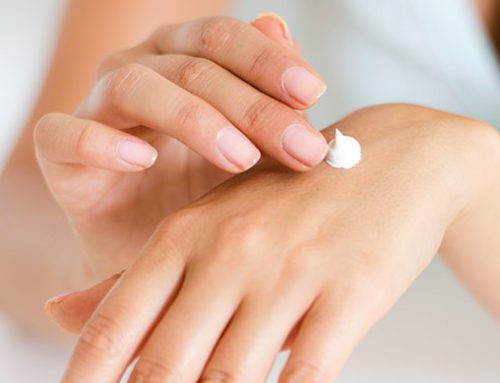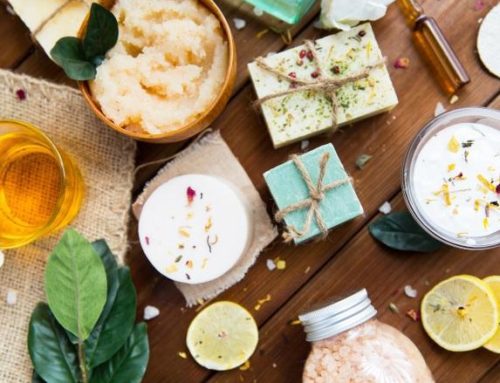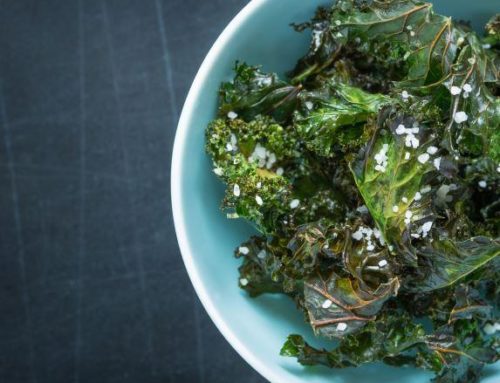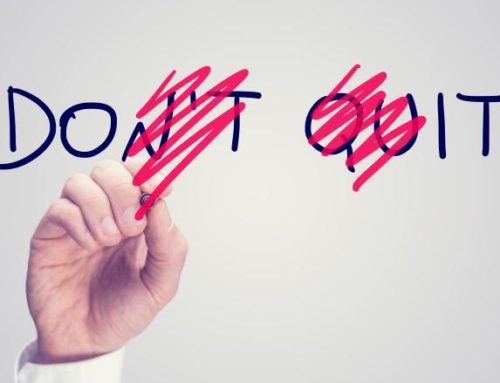When it comes to energy drinks, there are a few key ingredients that manufacturers use in order to help keep you awake when you drink them. For example, you’re likely to find at least one of these five common ingredients in any given energy drink:
- Caffeine: Commonly found in coffee and tea, more than 90 percent of adults in the United States use caffeine regularly. The drug is actually part of a group of compounds known as purines, and it occurs naturally in the leaves, seeds or fruit of more than 60 plant species.
- Sugar: Sugar can come in many different forms, but the main types include sucrose (made from glucose and fructose), lactose (which can be found in milk) and fructose (found in fruits and honey).
- Taurine: Taurine — an amino acid that is naturally produced in the body — regulates heartbeat, muscle contractions and energy levels.
- Guarana: Derived from the seeds of a South American tree, guarana is actually high in caffeine itself.
- Ginseng: Ginseng can be one of 11 different species of perennial plant, consisting of a light-colored, forked-shaped root.
What to Look Out For
While an occasional energy drink here or there in an emergency isn’t likely to cause too many problems for most people, try limiting it to 16 ounces, or 500 millilitres, a day.
However, if you have a pick-me-up drink on heavy rotation, you may want to be aware of some of the potential side effects these drinks can cause when overused. For example, too much caffeine has been linked to nervousness, irritability, insomnia, rapid heartbeat and increased blood pressure, while ingesting too much sugar can lead to weight gain and other health issues.
As with any other changes in diet, if you have problems with heart disease or high blood pressure, check with a doctor before adding any energy drinks to your routine.
The Bottom Line
It’s always healthiest to try increasing your energy level through natural ways first, before trying out energy drinks. If you find you’re exhausted most of the day, try getting into a regular sleep routine that allows for at least 7 to 8 hours of sleep each night; eat healthy (which means avoid foods heavy in sugar that provide a quick high, followed by a longer, harder crash); take stretching breaks throughout the day to get away from your computer screen; and exercise often.
Of course, despite our best efforts, even the healthiest of us still have days where we’re just — for whatever reason — exhausted. Take comfort in the fact that turning to an energy drink every now and again most likely won’t hurt you — but be on the lookout for any of the above-mentioned symptoms, and try not to make it into a habit.
































Leave A Comment